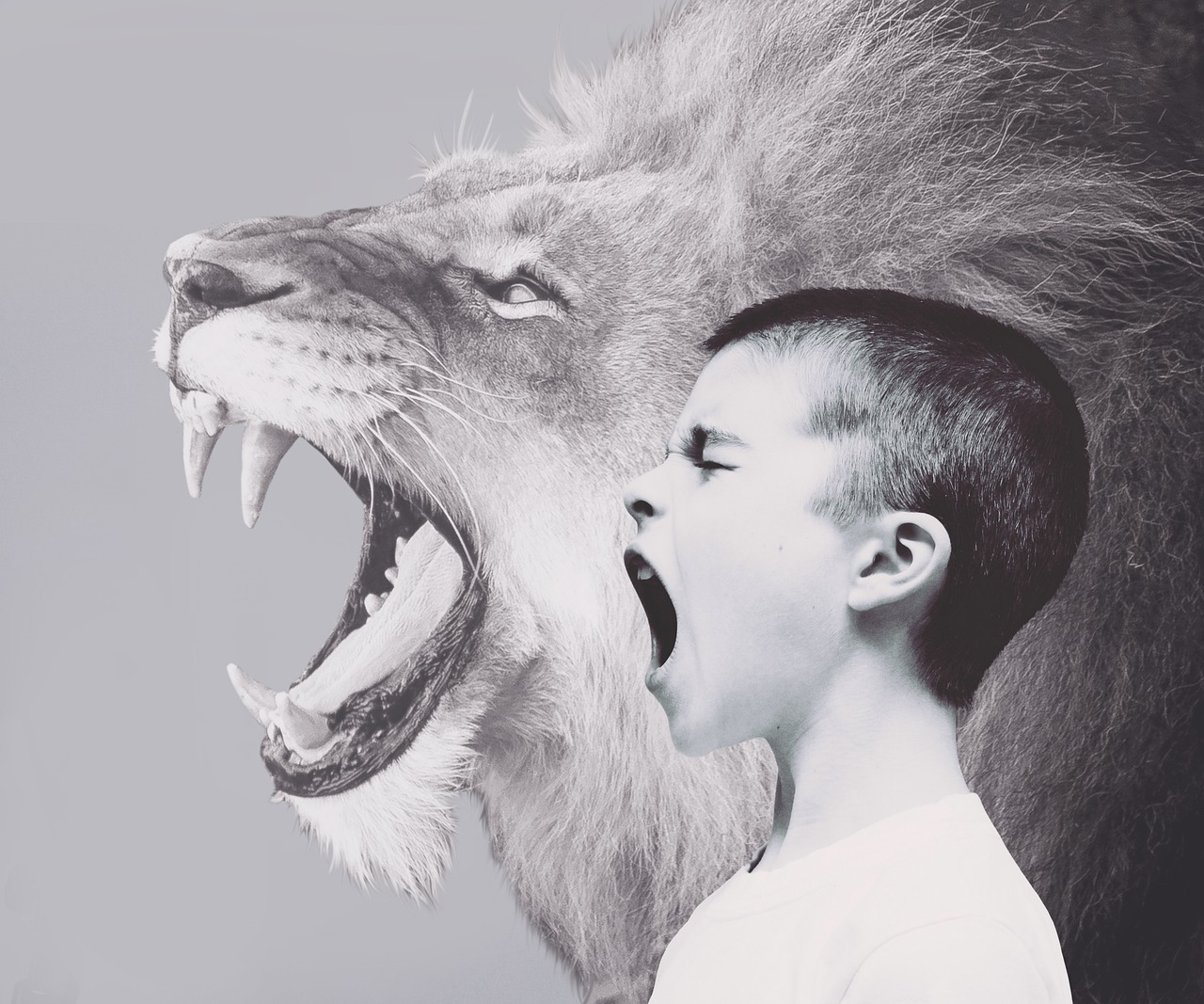Leveraging Virtual Reality for Social Skills Training
Virtual reality (VR) is revolutionizing social skills training by offering immersive and interactive experiences that can enhance communication and interpersonal skills. Through VR simulations, individuals can practice various social scenarios in a safe and controlled environment, allowing for repeated exposure and learning from mistakes without the fear of judgment or consequences. This hands-on approach enables users to develop confidence, empathy, and effective communication strategies that are transferable to real-life social interactions.
Moreover, the customizable nature of VR programs allows for tailored training experiences that cater to the specific needs of individuals. By adjusting the difficulty level, scenarios, and feedback mechanisms, VR technology can provide personalized learning opportunities to target particular social skills areas that require improvement. This individualized approach fosters greater engagement and motivation in the training process, leading to enhanced skill acquisition and retention over time.
Understanding the Impact of Virtual Reality on Social Skills Development
Virtual reality (VR) has been increasingly recognized for its potential in enhancing social skills development. By immersing individuals in realistic simulated environments, VR offers a unique platform for practicing and refining social interactions. Through interactive scenarios and feedback mechanisms, users can experience real-life social situations and receive immediate guidance on their communication, emotional expression, and interpersonal skills.
One key impact of VR on social skills development is its ability to provide a safe space for individuals to explore and experiment with different social behaviors. In traditional settings, the fear of judgement or consequences can inhibit individuals from fully engaging in social interactions. However, VR creates a controlled environment where users can practice social skills without the same level of anxiety or pressure. This allows for more frequent and varied social practice, leading to increased confidence and proficiency in real-world social settings.
Key Features of Virtual Reality Programs for Social Skills Training
Virtual reality (VR) programs designed for social skills training often incorporate interactive scenarios that simulate real-life social interactions. These programs provide users with a safe and controlled environment to practice a wide range of social skills, such as initiating conversations, maintaining eye contact, and interpreting nonverbal cues. By immersing participants in realistic social situations, VR programs offer a dynamic and engaging platform for honing interpersonal abilities.
Another key feature of VR programs for social skills training is the ability to offer instant feedback and personalized guidance to users. Through advanced technology, these programs can track users’ responses and behaviors in real-time, allowing for tailored feedback that highlights areas for improvement. This immediate feedback mechanism helps individuals to reflect on their actions, learn from their mistakes, and make necessary adjustments to enhance their social skills effectively.
• VR programs for social skills training simulate real-life social interactions
• Users can practice initiating conversations, maintaining eye contact, and interpreting nonverbal cues
• Immersive environments provide a dynamic platform for honing interpersonal abilities
• VR programs offer instant feedback and personalized guidance to users
• Advanced technology tracks users’ responses in real-time for tailored feedback
• Immediate feedback helps individuals reflect on actions, learn from mistakes, and make necessary adjustments
How can virtual reality benefit social skills training?
Virtual reality provides a safe and controlled environment for individuals to practice social interactions, receive immediate feedback, and build confidence.
Can virtual reality programs improve social skills development?
Yes, virtual reality has been shown to improve social skills development by allowing individuals to engage in realistic social scenarios and practice communication skills in a supportive environment.
What are some key features of virtual reality programs for social skills training?
Key features of virtual reality programs for social skills training include customizable scenarios, real-time feedback, interactive role-playing, and the ability to track progress over time.
How does virtual reality impact social skills development?
Virtual reality can impact social skills development by providing individuals with opportunities to practice a wide range of social interactions, improve their communication skills, and enhance their ability to navigate social situations effectively.
Are virtual reality programs for social skills training effective?
Research has shown that virtual reality programs for social skills training can be effective in improving social skills, increasing confidence, and enhancing overall social functioning in individuals with various social challenges.







